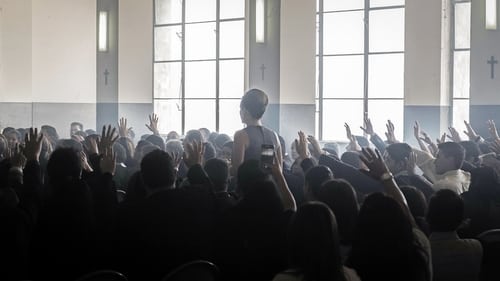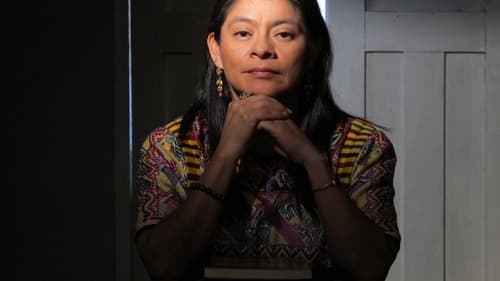
Sound
Through some of the last interviews with him before his death, Guatemalan filmmaker Anaïs Taracena bravely and artfully pieces together Barahona's incredible, heroic story, as well as his testimony in 2014 on one of the worst urban massacres to take place during the war in Guatemala: the Spanish Embassy massacre in 1980.

Sound
Accused of the genocide of Mayan people, retired general Enrique is trapped in his mansion by massive protests. Abandoned by his staff, the indignant old man and his family must face the devastating truth of his actions and the growing sense that a wrathful supernatural force is targeting them for his crimes.

Sound Mixer
A family man torn between the love for his family, the boundaries of religion and the freedom to choose whom to love.

Sound Recordist
From a historic genocide trial to the overthrow of a president, the sweeping story of mounting resistance played out in Guatemala’s recent history is told through the actions and perspectives of the majority indigenous Mayan population, who now stand poised to reimagine their society.

Sound
Documentary on the 43 normalistas students who disappeared from the state of Guerrero, Mexico in 2014. This film seeks to understand what really happened with the students of Ayotzinapa and, beyond these disappearances, what is happening in Mexico that has transformed this state into a human rights violator.

Sound Editor
Puerto Limon, Costa Rica, 1948. Four days before Christmas, Setico a 12-year-old boy must take a train in search of his father. A trip that will reveal the forgotten memories of this banana enclave and the murder of six political prisoners in a place known as Devil's Elbow.

Sound Mixer
Susana Barriga’s documentary, the illusion, begins with violence. A long shot reveals a man standing on a street corner, his features indiscernible in the night. He moves out of the camera’s line of vision, but the filmmaker, persistent, moves with him as the jostling of the camera marks her steps. As we learn moments later, the man in the distance is Susana’s father – and this is the clearest image of him we will have. Suddenly, an angry British man demands that Susana cease filming. Susana protests in heavily accented English, “He is my father!” Glimpses of a man’s torso are followed by blurred images as the camera spins rapidly over surfaces. The image cuts to black. A new male voice asks in carefully spaced out words if Susana would like him to call the police. When she doesn’t respond immediately, he speaks louder, as though volume would compensate for the language difference. She gives her name; she refuses the offer of an ambulance.

Original Music Composer
Examines the mind and work of artist Juan Luis Martinez. Martinez's contemporaries expound upon his of reality and the political climate in Chile.






